This column has also been featured by The News Hub and can be viewed on their website here.
Battling through the world-renowned mud run gave me more than just cuts and bruises
As a young woman growing up in the 21st century, I’m well aware that the mainstream media is infiltrating my ideas about what the female body should look like. Thirty squats a day and I could achieve the thigh gap. Cut down my calorie consumption to get V-shaped abs. Repeat lunge sets with weights to achieve an instant butt lift. From music videos to Facebook memes to billboards: the modern media is constantly trying to convince me that I’m chasing slightly behind the latest coveted body goal.
Despite the diverse array of body shapes that exist in the world, media firms and advertising agencies are cropping, cutting, highlighting, fixing, shadowing, blurring, streamlining and photo-shopping the hell out of their images to subscribe to the singular Barbie-Doll criterion of the female physique.
I know I should be exercising because it’s healthy, because I enjoy it and because it’s part of making the most of the one and only life I have. But there’s still a part of me that’s guilty of exercising with the intention of chasing those media-induced body goals.
I’ll go to the gym if I can’t fit into my favourite jeans and I’ll only leave once I’ve burned enough calories. One of my most energising workout motivations is knowing I’ll have to wear a bikini on an upcoming holiday and I’ll start a panic-induced gym regime after watching the Victoria’s Secret Fashion Show. Whether I’m playing netball or running on the treadmill, I’ve always got an ingrained sense in the back of my mind that as long as I’m burning calories, I must be moving in the right direction.
But I recently completed Tough Mudder and have started to gather very different ideas about fitness and the female body.
For those who don’t know very much about Tough Mudder, its creators describe it as ‘Probably one of the toughest events on the planet.’ Valiant participants are let loose on a military-style 12-mile obstacle course designed by British Special Forces to test mental and physical strength. The obstacles test common fears such as heights, fire, water, electric shocks and claustrophobia- sometimes separately- and sometimes all at once.
What makes Tough Mudder so gruelling is that it requires a combination of physical strength and mental grit to see participants through to the end. I could never have jumped into a pool of ice and water, pushed myself over the edge of ‘Walk The Plank’ or crawled through a trench of live electric wires if I didn’t have the mettle and courage within to just shut my eyes and go for it. What’s more, I wouldn’t have had the energy or the strength to complete the course if I’d been on an unbearable juice diet.
Not only am I proud to have simply survived Tough Mudder but I’ve come away from the course with a life-affirming realisation about body confidence. Having battled through one of the world’s toughest obstacle courses I’ve realised that body confidence isn’t about what my body looks like, but what my body is capable of. While the media would have me believe that I’m always one step behind achieving the perfect body, Tough Mudder showed me that I already have what it takes to be strong. 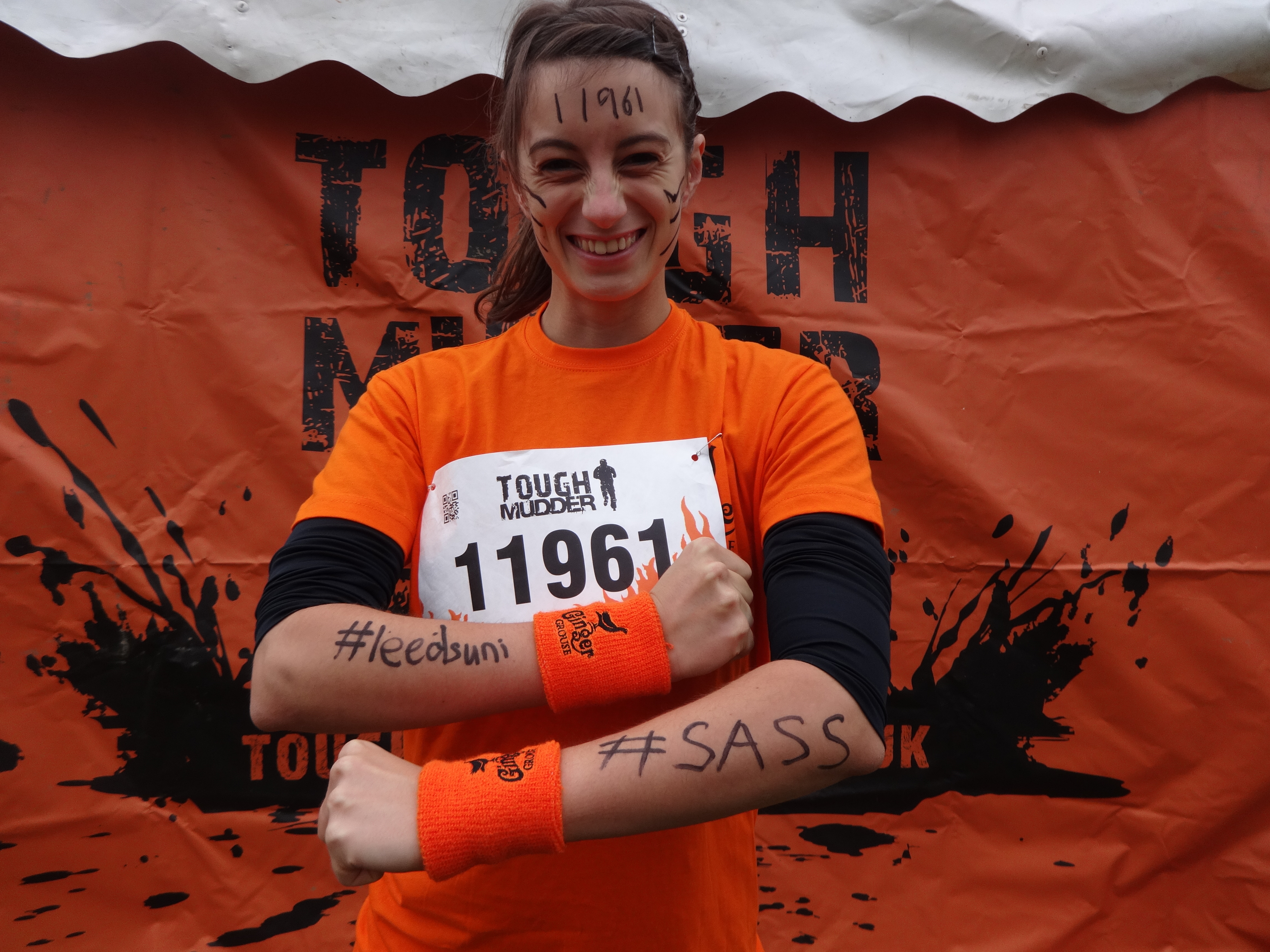
From now on, when I play netball, go running or hit the gym, I’ll be training with a purpose and a new set of goals. I won’t be thinking about the fastest way that I can slim down and look skinny. I’ll be working towards new ways that I can overcome challenging hurdles and develop my strength. The media are targeting women and girls with relentless propaganda that’s pushing our body ideals down a particular path. Thanks to Tough Mudder, I’ve realised that there’s nothing more empowering than taking over the reigns and going in my own direction.
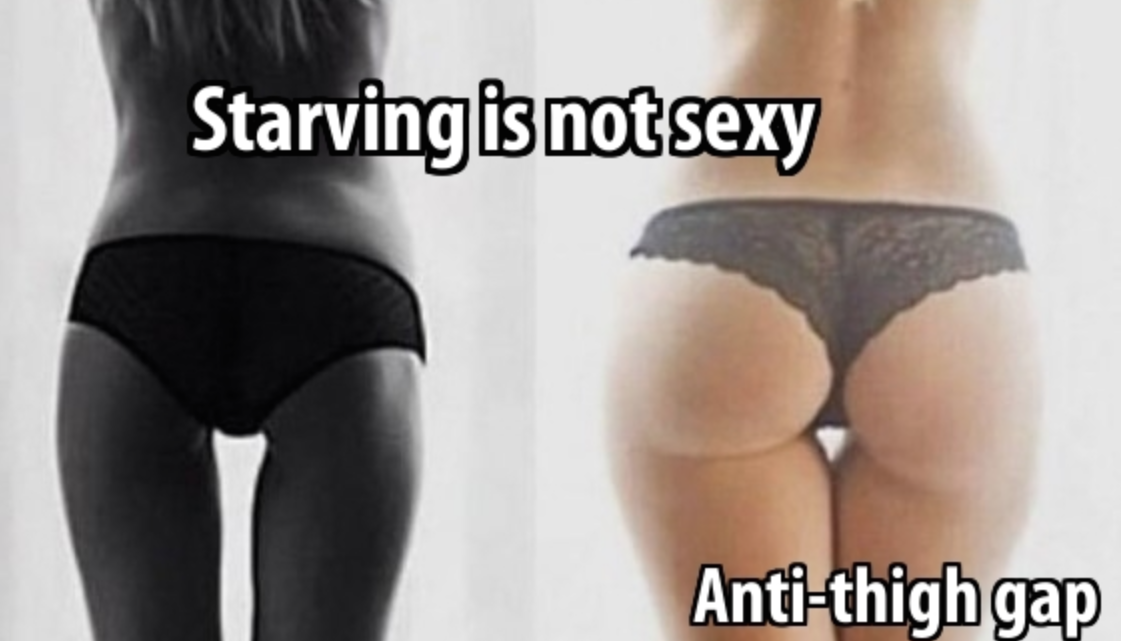
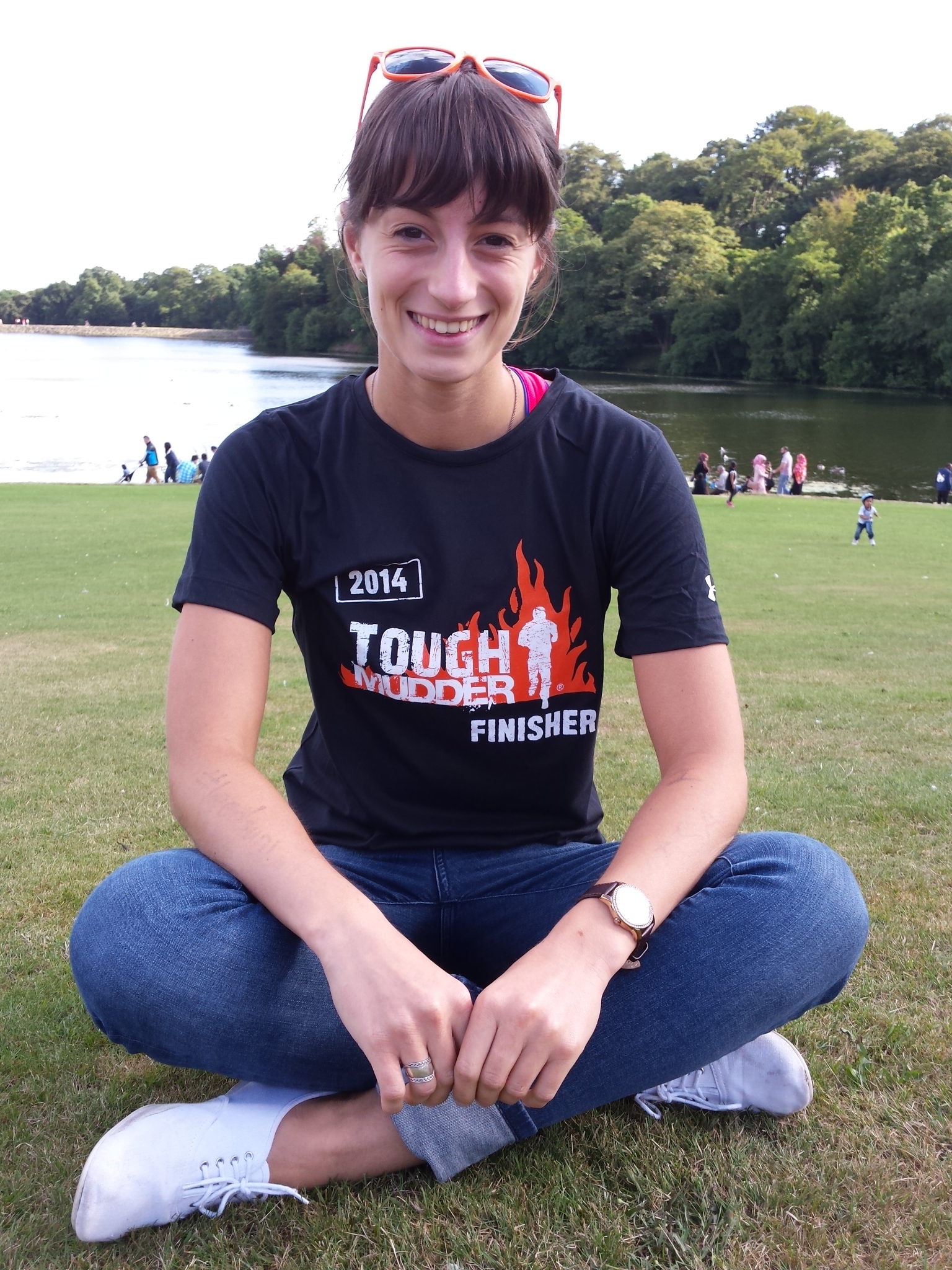
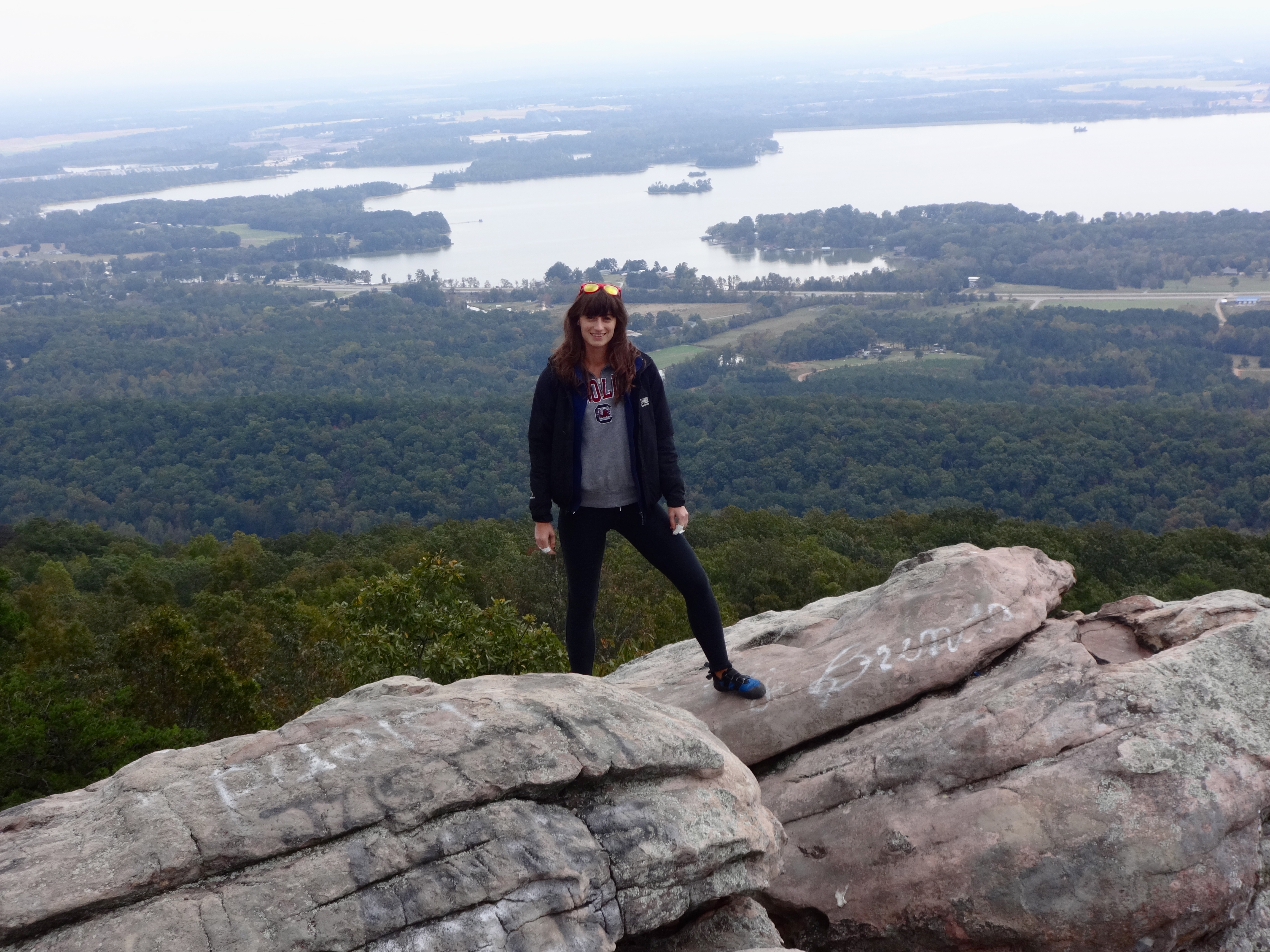
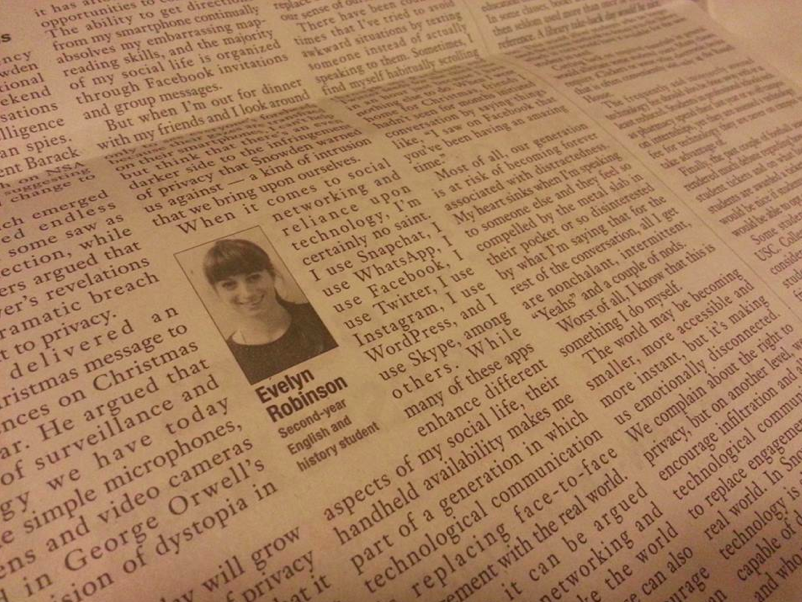

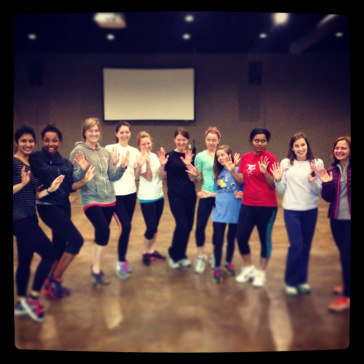




Up-and-coming women’s magazine is turning heads in Liverpool
27 AugAs a long-established blogger and columnist, I’ve managed to pester enough magazines, websites and PR companies to publish my writing over the years. Many students looking to elbow their way in to the blogging world and boost their CVs often ask me for recommendations for who they could submit their work to. I’d like to endorse an up-and-coming women’s magazine in Liverpool that showcases a whole variety of women’s artistic creations.
Heroine Zine’s lovable logo
Heroine Magazine, affectionately known as Heroine Zine, was set up just over a year ago by two creative writing graduates, Abi Inglis and Phoebe Dunnett, both 22, from Liverpool John Moores University. They publish anything that comments on the female experience and explores the history of women’s culture. The duo don’t just publish work from women, though- as they believe that ingenuity and flair are genderless attributes.
Heroine Zine’s Issue 3
What started as a Summer project at university and has grown into a print magazine that highlights women’s creativity, ranging from poetry, prose, photography, art and articles. The duo have enjoyed numerous successes over the past year, from holding open mic nights in the city centre, gaining a loyal band of worldwide subscribers and even hosting their very own festival in Chavasse Park, Liverpool One.
Abi said: “We’re so passionate about Liverpool and all the fantastic creative projects that are happening here. We love to support the women involved in these and help provide a space where they can create and perform.”
The magazine even has ‘manifesta’ of principles that outlines the wholesome ethos of its editors. Phoebe explained: “We feature all types of creativity that celebrates women exactly as they are. We want to be the type of magazine that doesn’t feature airbrushing, body-shaming or product placements. Just creative ingenuity.”
HeroineFest in Chavasse Park, Liverpool One
HeroineFest in Chavasse Park was a particular highlight for the pair, who brought workshops, discussion groups, stalls and live music to the top of Liverpool One. Many other creative women’s groups from the North West attended the festival, including the Lady Parts Theatre Company, Queen of the Track Zine and a female Beatles tribute band, The Beatelles.
Abi said: “We wanted to celebrate some of the awesome women we know in Liverpool and the North West. It was a great day and we got some fantastic feedback from the public.”
“Having HeroineFest take place in Chavasse Park, a very public space in the middle of Liverpool One, really showed us how open and welcoming people were about the idea of having a women’s arts and culture magazine in the city.”
The editors are now taking submissions for issue 4, which will be published in October. To get in touch, visit facebook.com/heroinemagazine or email [email protected]
Share this:
Like this:
Tags: comment, creativity, culture, feminism, fiction, imagination, Liverpool, magazine, poetry, prose, women, writing, zine